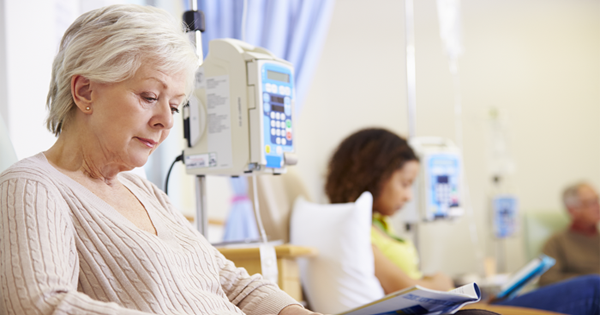Breast cancer patients across the globe are struggling to lead normal, routine lives after undergoing chemotherapy because their treatment is causing them to experience greater exhaustion as well as be more susceptible to illness and infections. Doctors have been calling this phenomenon “functional decline.”
Chemotherapy works by killing cancer cells in the body. However, chemotherapy also ends up killing healthy, fast-growing cells found in the blood, skin, stomach, and hair of the patient. The side effects of losing these healthy cells, if not properly handled, can cause patient death. In other situations, chemotherapy treatment itself can cause fatal damage to a patient’s liver, heart, lungs, and kidney.
Recent research has revealed that breast cancer patients who undergo chemotherapy treatment have been gradually losing their ability to maintain their daily routine because of these side effects.
Dr. Cynthia Owusu conducted a study of almost 200 women who were diagnosed with breast cancer and received chemotherapy treatment. After a year, almost a fifth of these women could no longer care for themselves by completing the most basic daily activities like walking, keeping house, or showering.
Within this study, seven women even died because of the side effects they experienced.
Dr. Owusu has called the debilitating results of these side effects “chemotherapy toxicity,” suggesting that the chemotherapy treatment is poisoning the body rather than aiding its improvement.
Unfortunately, not enough doctors are focusing their time or energy on finding ways to combat these side effects because they are preoccupied with finding an effective method of treating cancer. However, more and more health experts are arguing for doctors to change their approach.
Doctors should also ensure that patients who do suffer from these side effects can and will receive the proper support they need to continue carrying out their day-to-day lives. Dr. Fran Woodard has said, “For many people, life is never the same again after a cancer diagnosis, no matter what stage the cancer is at. Beyond treating the cancer itself, the whole person has to be considered, including other health concerns and also the emotional impact of diagnosis and treatment.”
This study has been published in a recent issue of the Cancer journal.





